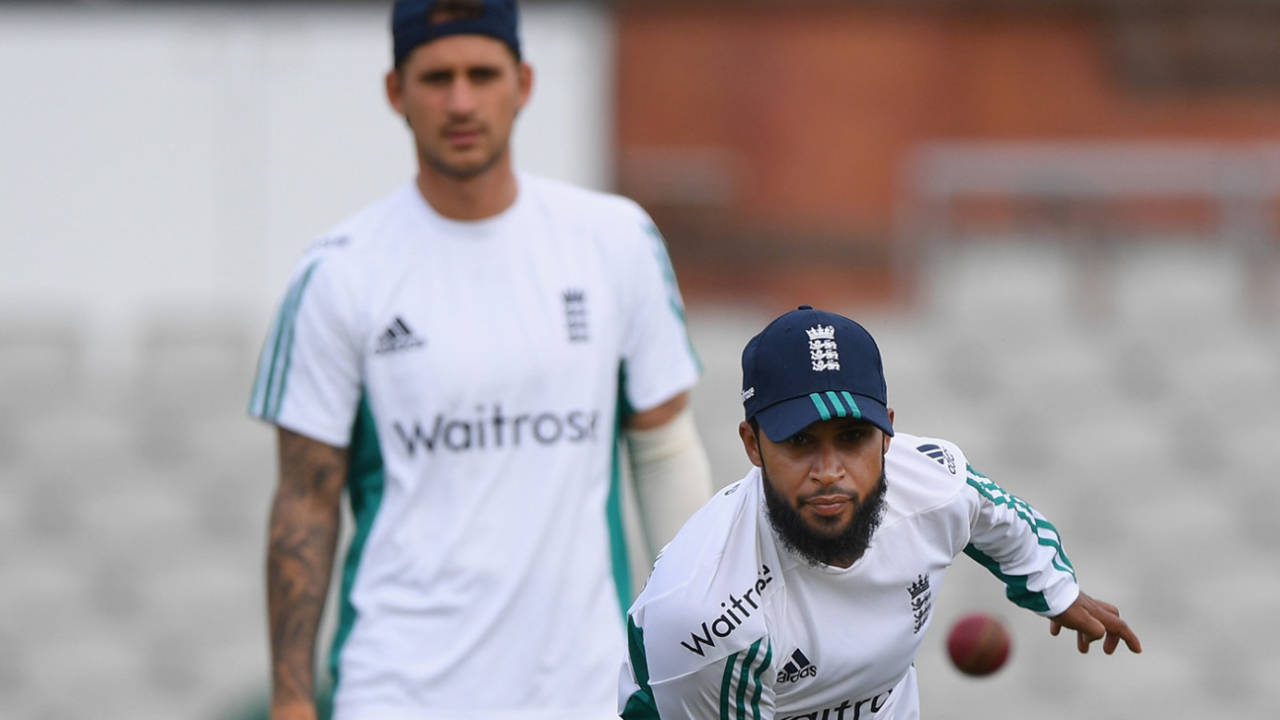The fact that cricket's most prosperous - and therefore most powerful - administration, the BCCI, is beholden to a Committee of Administrators (CoA) is a black mark on the game. To then have the CoA overrule the BCCI's attempts to play a day-night Test against West Indies on the basis that any decision should include consultation with "the players, the administrators and the fans" is even more damning.
At a time when cricket needs clear-headed decision-making and long-term planning, confusion seems to be the prevalent emotion.
Consider the following: Test cricket is a game in dire need of nurturing and one solution is to play matches under lights. So far the day-night Test experiment has proved worthwhile but it needs the support of its biggest stakeholder. India's current progress on scheduling a day-night Test appears to be more akin to "fiddling while Rome burns".
The problems can't be resolved while the ICC runs part of the game and the individual boards control the rest
For some years now
South Africa have faced a player drain thanks to the Kolpak ruling. Many of their talented players have opted to sign long-term contracts with English counties rather than face the challenge of representing their country in an era where the quota system impacts selection.
At a time when players are better paid and have much wider playing options than ever before, West Indies have suffered the consequences more than any other team. Many of their experienced and most exciting players have chosen to ply their trade on the lucrative T20 circuit, rather than accept a contract from the cash-strapped West Indies board.
It's imperative the best players are regularly available to play international cricket. However, cricket is currently stuck in a rut, unsure whether the priority is the international or the franchise game, undecided about what form the game will take in the future.
There appears to be no long-term blueprint for its future direction. The schedule is planned as though its a game of "pin the tail on the donkey". And the way T20 leagues pop up like mushrooms in a dank climate, it's safe to assume that many administrators are in agreement with Buttler's prediction.
The problems can't be resolved while the ICC runs part of the game and the individual boards control the rest. The words of former Australian Prime Minister Paul Keating, "Always back self-interest because you know it's a goer", ring true when the individual boards sit round the negotiating table.
When Vinod Rai, the chief of the CoA, made his critical point about the BCCI needing to consult the players, the administrators and the fans, he should have applied that instruction to the overall game. Serious consultation on the game's future needs to take place among all stakeholders, including the different media outlets.
Despite many attempts to streamline and modernise world cricket administration, no worthwhile progress has been made. There was a time when I thought the best chance to make real change could come through action from the international players' association. However, now that the players have more choice and, certainly for the better ones, a really good financial deal, there's less likelihood of this happening.
In Morgan's statement regarding Test cricket having a "lot to worry about", he added: "If something was going to be done about it, it probably should have been done already."
That sentiment could aptly be applied to the game as a whole.
Former Australia captain Ian Chappell is a cricket commentator for Channel Nine, and a columnist
